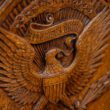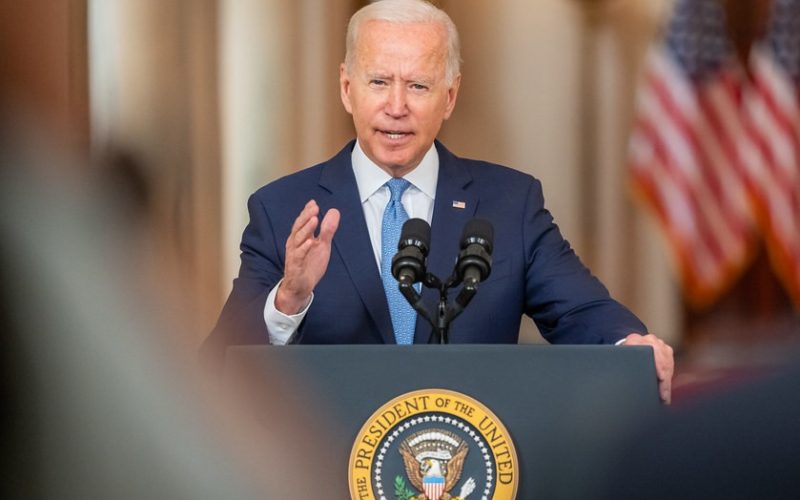Sign up here to receive The Yappie‘s weekly briefing on Asian American + Pacific Islander politics and support our work by making a donation.
President Biden will appoint more than two dozen seasoned activists and public figures to serve on the revamped advisory commission on Asian Americans, Native Hawaiians, and Pacific Islanders, the White House told The Yappie Monday.
The President’s Advisory Commission on AANHPIs, established alongside the White House Initiative on AANHPIs in May, will be co-chaired by the nation’s top trade official Katherine Tai and Health and Human Services Secretary Xavier Becerra.
The 25-member panel will be “charged with advising the President on policies to address anti-Asian xenophobia and violence, ways to build capacity in AANHPI communities through federal grantmaking and policies to address the intersectional barriers that AANHPI women, LGBTQ+ people, and people with disabilities face,” per a White House release.
Among the commissioners announced Monday are several high-profile figures, including longtime labor activist Ai-jen Poo, former Guam Congressman and previous chair of the Congressional Aian Pacific American Caucus Robert A. Underwood (D), outgoing president of The Asian American Foundation (TAAF) Sonal Shah, and actor Daniel Dae Kim.
Others notable appointees:
- Dr. Amefil Agbayan, former chair of the Hawai’i Civil Rights Commission and meritus assistant vice chancellor for student diversity and equity at the University of Hawai’i at Manoa.
- Naheed Qureshi, head of policy partnerships at Instacart and former deputy director of Muslim Advocates.
- Grace Huang, director of policy at the Asian Pacific Institute on Gender-Based Violence.
- Teresita Batayola, president and CEO of International Community Health Services, the largest AAPI nonprofit health center in Washington state.
- Hmong refugee and advocate KaYing Yang, who previously worked at the Southeast Asia Resource Action Center and the Coalition of Asian American Leaders in Minnesota.
- Endocrinologist Raynald Samoa, who served as lead of the National Pacific Islander COVID-19 Response Team and has written about the impact of COVID-19 on Pacific Islander communities.
- Mia Ives-Rublee, director of the Disability Justice Initiative at the Center for American Progress.
- Kamal Singh Kalsi, founder of the Sikh American Veterans Alliance.
- Victoria Huynh, senior vice president of the Center for Pan Asian Community Services, Inc.
- Michelle Kauhane, former president of the Council for Native Hawaiian Advancement.
- Kevin D. Kim, the first Korean American trustee of the City University of New York.
- Luisa Blue, vice president of the AAPI Victory Alliance board.
- Simon Pang, executive vice president and co-founder of Royal Business Bank who served on the California Commission on Asian and Pacific Islander American Affairs.
- Kimberly Seu Gin Chang, a family physician at Asian Health Services.
Biden formally authorized the commission through Sept. 30, 2023 via an executive order in September, allowing the body to operate within the Department of Health and Human Services for two years before requiring another renewal.
Presidents from both parties have routinely reestablished the commission through executive action since its creation in 1999. However, the group famously endured two waves of resignations during the first month of Trump’s presidency in 2017—though it became clear fears that it could be permanently gutted were unfounded.









